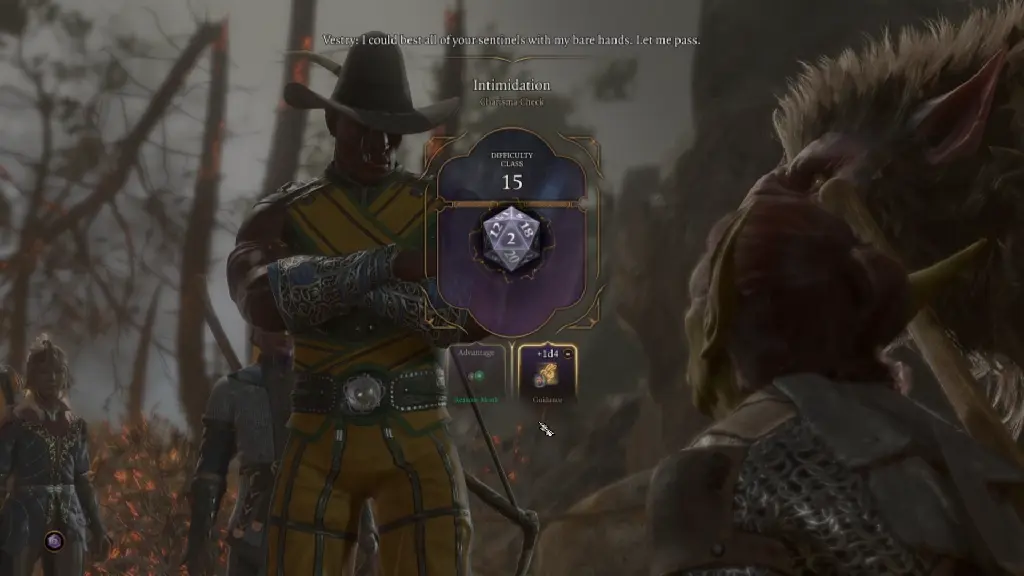How are you all playing these insanely complex games?
How are you all playing these insanely complex games?
Just some off the top of my head: Destiny, Deep Rock Galactic, Overwatch, and most recently Baldur's Gate.
I received BG3 as a gift. I installed and loaded up the game and the first thing I was prompted to do is to create a character. There are like 12 different classes with 14 different abilities and 10 ability classes. The game does not explain any of this. I went to watch a tutorial online to try and wrap my head around all of this. The first tutorial just assumed you knew a bunch of stuff already. The second one I found was great but it was 1.5 hours long. There is no in-game tutorial I could find.
I just get very bored very quickly of analyzing character traits and I absolutely loathe inventory management (looking at you Borderlands). Often times my inventory fills up and then I end up just selling stuff that I have no idea what it does and later realizing it's an incredibly valuable item/resource and now I have to find more.
So my question is this: Do you guys really spend hours of your day just researching on the internet how to play these games? Or do you just jump in and wing it? Or does each game just build on top of working knowledge of previous similar games?
E: General consensus seems to be all of the above. Good to know!
